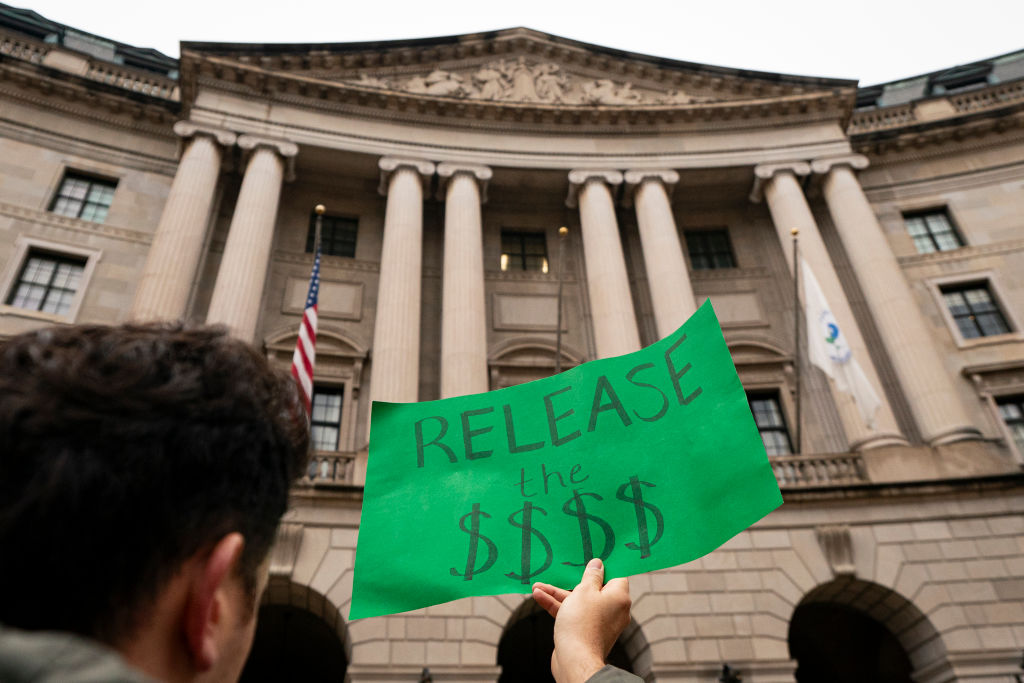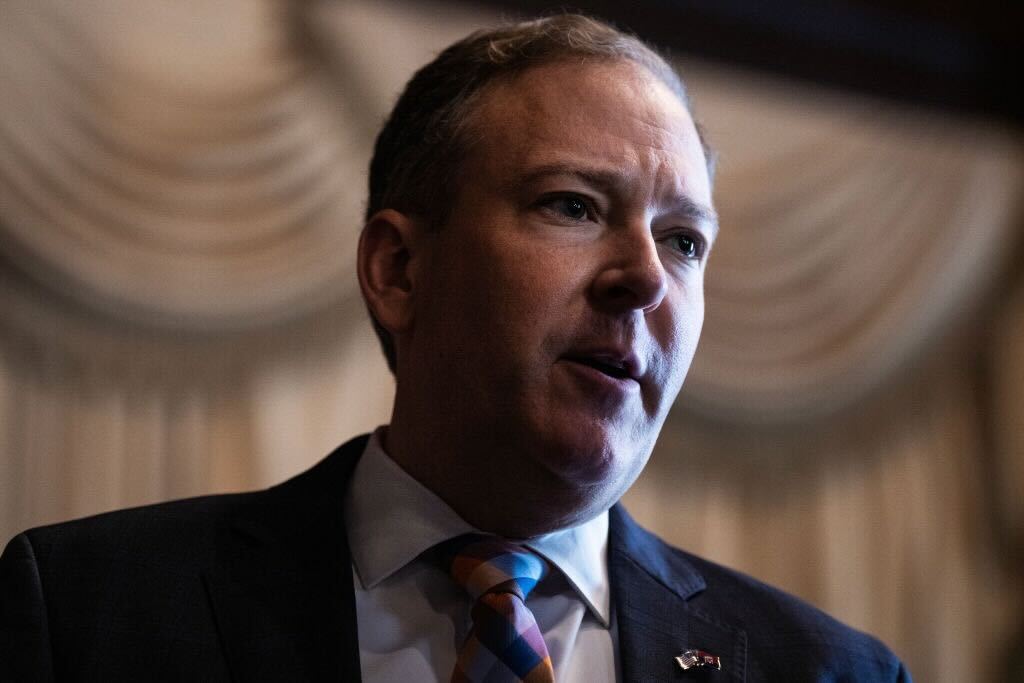EPA announces repeal of Obama-era clean water regulation
The Environmental Protection Agency announced Thursday that it has finalized a repeal of the Obama-era clean water rule that spells out protections for large and small bodies of water. The EPA will create a new rule to replace the Waters of the United States (WOTUS) regulation, which was established in 2015. The Trump administration rule is expected to cover fewer waterways than the current one and weaken existing protections.
Soon after he was inaugurated, President Trump signed an executive order directing the EPA and the Army to "review and rescind or revise" the regulation. The order said that it's in the nation's interest to keep waterways free of pollution, while still promoting economic growth and cutting regulatory uncertainty.
Many businesses have opposed the WOTUS rule, arguing that it was overly broad. The National Federation of Independent Business sued the Obama administration over the rule, complaining that it gave the federal government "jurisdiction over seasonal streams, ponds, ditches, and even depressions fields that are dry through most of the year." The federation also took issue with the fact that business owners could be fined $50,000 per day for violating the rule.
In December 2018, EPA Administrator Andrew Wheeler unveiled the Trump administration's revision of the rule, touting it as one that would provide states and landowners with greater clarity and "certainty" about protected bodies of water.
At a press conference on Thursday, Wheeler noted to reporters that many states already have their own protections against their waters, but that the administration aims to provide "a strong network of coverage for our nation" and "restore the water we drink and the land we use and that means the property owners will spend less time and money fighting."
The 2018 release said that the following bodies of water would be federally regulated:
- Traditional navigable waters and tributaries to those waters;
- "Certain" ditches;
- "Certain" lakes and ponds;
- Impoundments of jurisdictional waters; and
- Wetlands adjacent to jurisdictional waters.
The EPA rule also lays out what are not "waters of the United States," including the following:
- Features that only contain water during or in response to rainfall;
- Groundwater;
- "Many" ditches, including most roadside or farm ditches;
- Prior converted cropland;
- Stormwater control features; and
- And waste treatment systems.
Environmentalists fear the new rule will lead to more pollution, especially in smaller bodies of water that will no longer have protected status.
Mr. Trump often complains that the WOTUS rule is too onerous for land owners and companies. His administration argues that the White House is fulfilling its environmental goals "in a manner that also encourages economic growth." In addition to the administration's action, lawmakers have introduced their own legislation as a companion piece to the president's repeal. Republican Senators Mike Braun and Joni Ernest introduced legislation that would put a new definition in statute to provide permanent certainty so that future administrations can't undo Mr. Trump's rollback.
Braun told CBS News in a statement that the bill puts a new definition into law "so that no future administrations can treat our farmers like the previous administration did."
The new rule, which reverts standards back to the 1986 guidelines under the Clean Water Act, is likely to face a spate of legal challenges. Administrator Wheeler told reporters that the administration is aiming to pass everything by winter "so when spring comes hardworking Americans will have the regulatory they need."





